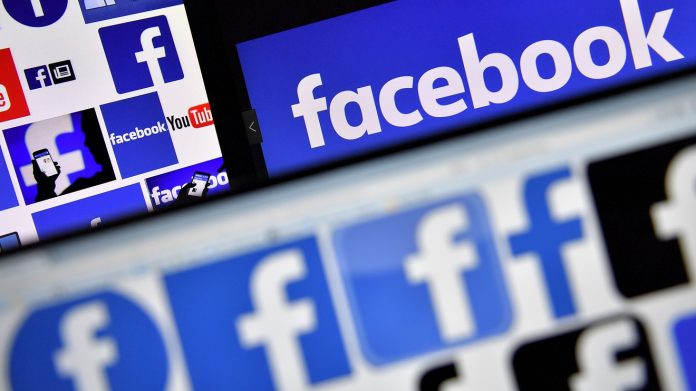In the middle of a global pandemic, some of the largest advertisers in the world said they would boycott Facebook Inc., which makes almost all of its money from online advertisements.
It would be reasonable to think that would lead to tough times for Facebook’s business and stock. But that is not what happened after the social-media company’s second-quarter earnings report Thursday afternoon, as Facebook shares instead jumped to record highs Friday after analysts reported optimistic takeaways from the report.
“Apparently, everything is just great!,” Bernstein analyst Mark Shmulik wrote.
Shmulik attempted to explain the gravity of the situation, and the incongruous response in Facebook’s
FB,
+8.17%
performance, with an analogy.
“Imagine 1000+ customers pausing their subscriptions, you can’t sell half of your product in a major market or on a certain device, knowing users will spend less time in your store, and the uncertainty of a global pandemic,” the analyst wrote while maintaining an outperform rating and $285 price target. “And yet Facebook is seeing a 10% [year-over-year, quarter-to-date] growth, and guide to keeping this level for Q3.”
See: Facebook shares rally as quarterly results easily top Street view
Evercore ISI analysts described the results as “spectacular” and “stunning in light of the macro backdrop.”
“While the tenor of growth in 2Q does appear uneven, at their peak, 2Q growth rates likely approached 20% YoY,” the analysts wrote, while maintaining an outperform rating and $300 price target. “Even taking into consideration the company’s typical cautious outlook, models across the street will move materially higher”
More than 20 analysts moved their price targets on Facebook stock higher as a result of earnings, according to FactSet tabulations, as shares rose 8.2% to a record closing high of $253.67 Friday. The changes pushed analysts’ average price target more than $30 higher Friday, to $275.78 from $244.35.
Facebook’s revelation that ad revenue was growing steadily at around 10% in July, the month advertisers had targeted for a broad boycott, seemed to be the biggest reason analysts showed little concern about the #StopHateForProfit approach by large advertisers. Few believed that the advertisers will stay away for long, as Facebook Chief Executive Mark Zuckerberg has reportedly said.
See also:Pandemic? Antitrust? No worries for Big Tech, which racked up $200 billion in sales anyway
“We believe that [the boycott] is a short-term issue as Facebook has a strong track record in resolving advertiser concerns over the past two years,” Mizuho analysts wrote while maintaining a buy rating and increasing their price target to $285 from $270.
Morgan Stanley analysts were slightly concerned that the growth rate was lower than they expected, and though they also believe the boycott won’t last long, are concerned about an eventual effect on shares.
“10% ad revenue growth in July (and expected 10% in the quarter) is a notable step down from our estimated ~15% Y/Y growth in June. In our mind, this is likely due to a larger than expected near-term impact from boycott and lower engagement on Facebook as engagement is declining from surging shelter-in levels,” the analysts wrote, while maintaining an overweight rating and raising their price target to $285 from $270. “While this is only a near-term issue (and we expect the boycott advertisers to eventually come back), this flatter recovery slope combined with IDFA uncertainty in 4Q may create tactical pressure on shares.”
In the meantime, Facebook has managed to continue growing due to a jump in advertisements from small e-commerce companies and videogames, analysts noted. In other words, all those ads users are seeing for masks and mobile games are paying off for Facebook.
See now: EA rides pandemic-fueled increase in videogame playing to record first-quarter results
RBC Capital Markets analyst Mark Mahaney credited “opportunistic gaming and e-commerce advertisers [taking] advantage of depressed pricing,” and wrote that while “online advertising has been negatively impacted by COVID, … Facebook has proven to be the most resilient ’net advertiser.”
While many analysts increased their price targets and financial estimates for Facebook, there were no major ratings changes, likely because so many analysts already consider the stock a buy. Of 47 analysts covering Facebook that are tracked by FactSet, 39 consider the stock the equivalent of a buy, while six label it a hold and only two rate the stock as a sell.
